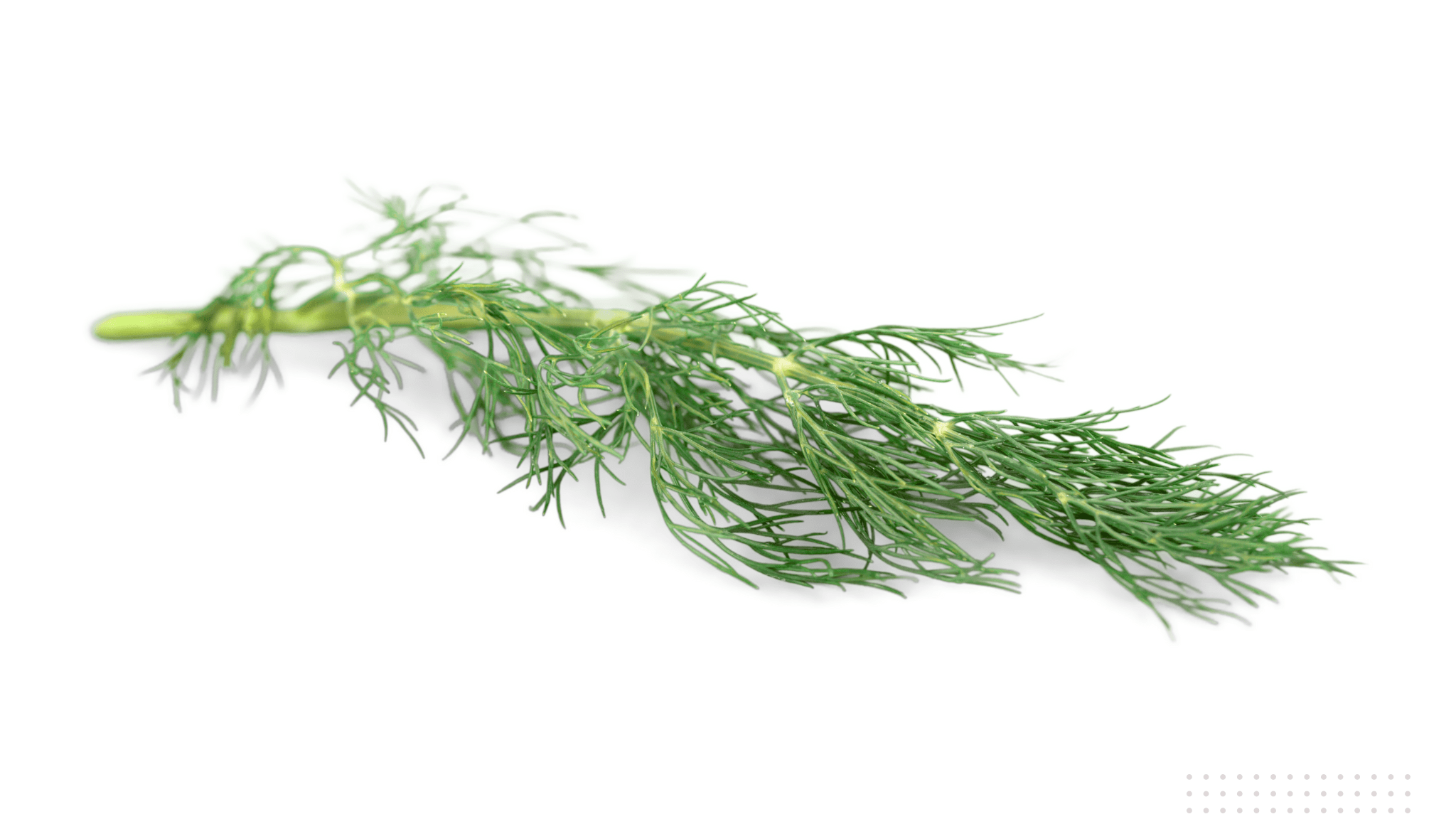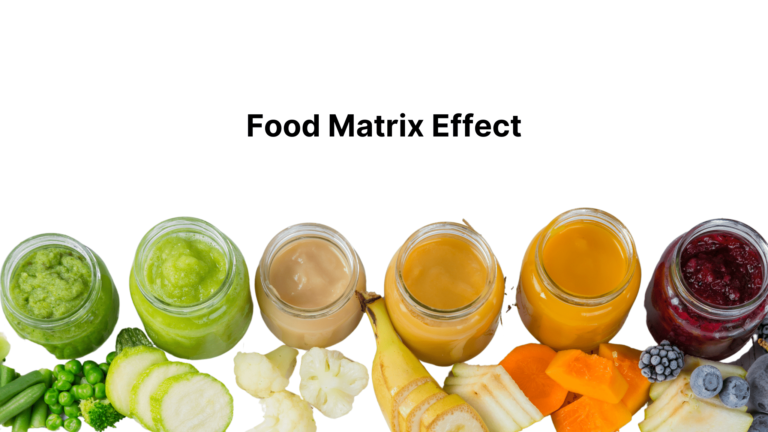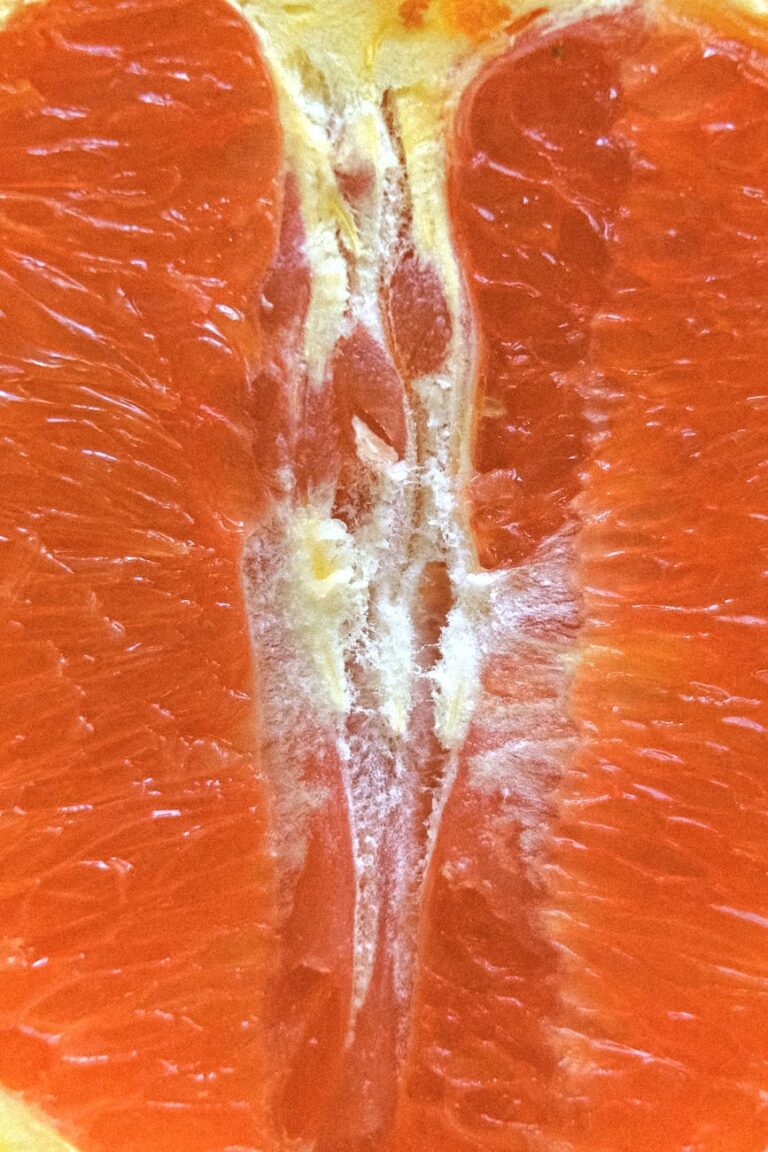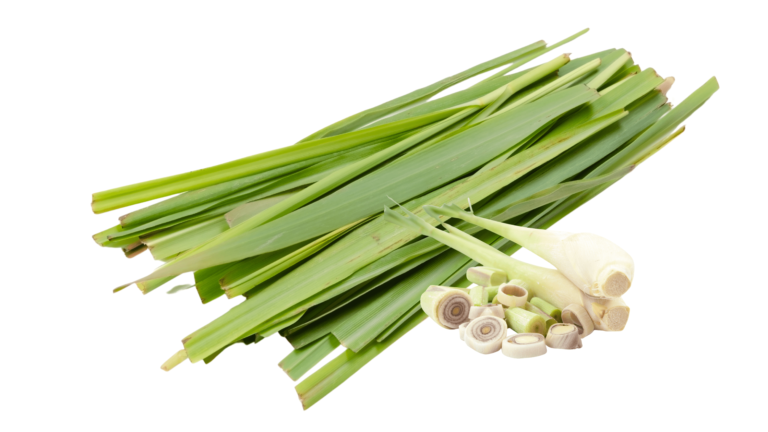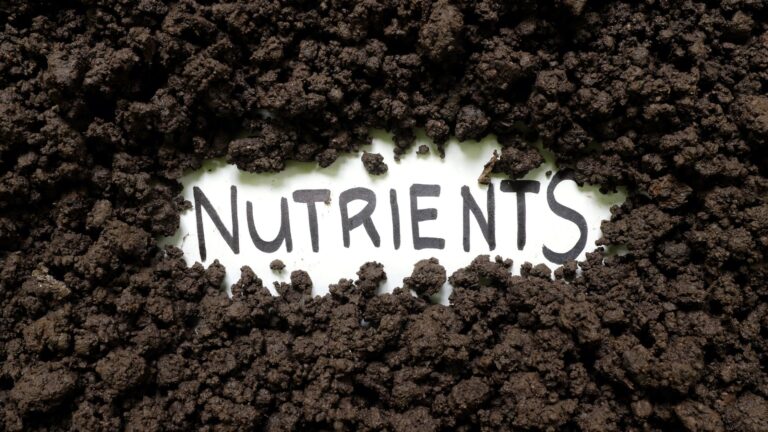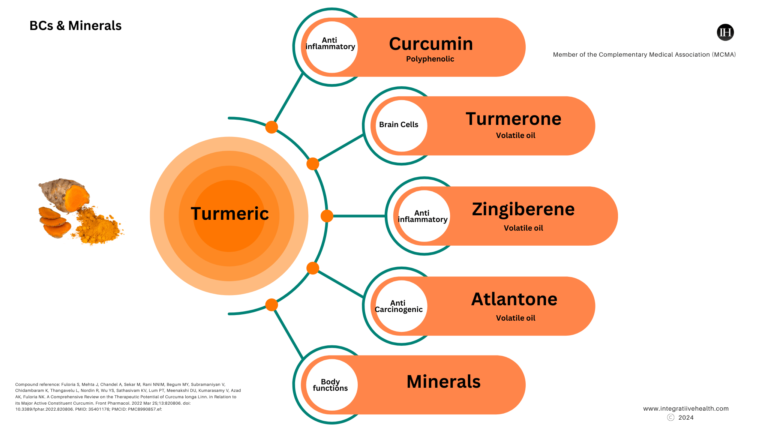Fennel Seeds Benefits For A Great Natural Antioxidant
The fennel seeds benefits have been recognized in both traditional and modern sciences due to their rich composition of volatile oils and flavonoids.
These bioactive compounds aid digestion, reduce inflammation and subsequently improve immunity.
Fennel seeds have long been used in traditional medicine for indigestion, bloating, and flatulence. Their anti-inflammatory properties are also helpful for arthritis and asthma.
They contain essential minerals such as potassium, including their bulbs, stems, seeds, and leaves.
Ancient Greek civilisation associated fennel with success, and its therapeutic properties have been documented in Indian Ayurveda sciences since an estimated 2000 BC.
Key Points In This Article
This article examines an overview of the compounds and nutritional constituents of common fennel (Foeniculum vulgare), its therapeutic properties, Ayurvedic use, and any related case studies on recognising its therapeutic actions.
Fennel Seeds Benefits: Foeniculum Vulgare
The common fennel seeds are a part of the Apiaceae family, and their botanical name is Foeniculum vulgare.
Fennel is exceptionally aromatic and possesses a distinct flavour due to anethole in the seed.
In terms of fennel seed benefits, there are several historically well-known. Some of these therapeutic uses and effects will be discussed further below.
Moreover, fennel and its parts have an established medicinal history because of its phytotherapeutic properties, both as a dietary addition or dose dependant setting.
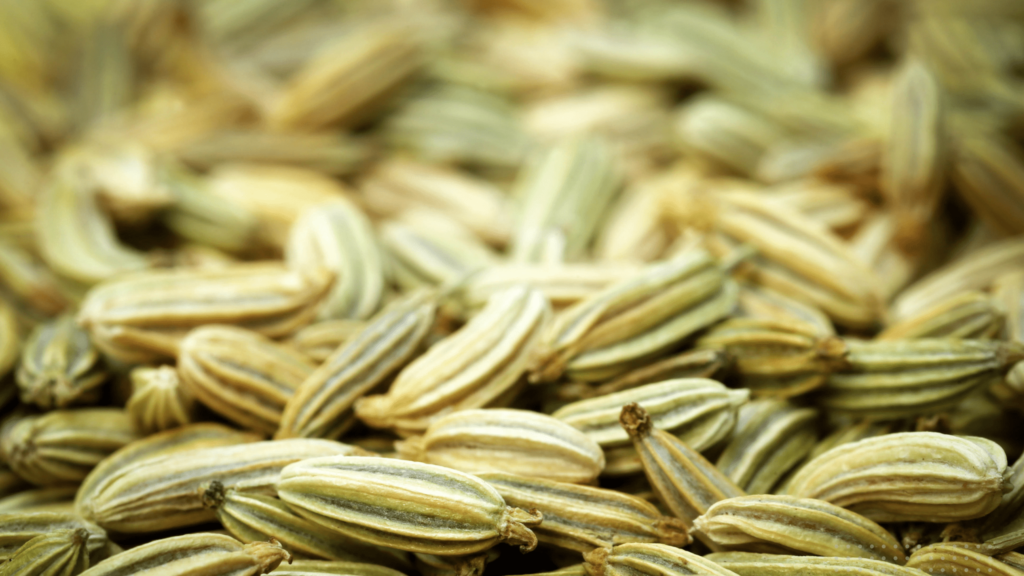
Overview of History
The plant is a native of Asia minor and Europe.
Here are some regions historically associated with fennel:
India: Fennel cultivation dates back to 2000 BC in India and maintains symbolic significance. Fennel seeds are incorporated into holistic diets for their calming effects on the digestive system. And their ability to influence mood through their aroma and taste.
Greece: The ancient Greeks named fennel ‘marathon’ because of a battle fought in a field where fennel grew. Fennel was considered a symbol of victory.
Italian Peninsula: Romans considered fennel a symbol of success, using it to crown victors in games.
England: In medieval England, fennel was often served to kings along with fruit, bread, and other foods.
Modern Day
Fennel grows in various regions around the world, including Asia, Europe, Turkey, India, and Spain. It thrives in open sites, along roadsides, and in pastures.
Types of Fennel
There are several botanical types of fennel, some of which are as follows:
- Common fennel: Foeniculum vulgare (seeds)
- Sweet fennel: Foeniculum vulgare var. dulce
- Florence fennel: Foeniculum vulgare var. azoricum (vegetable)
- Bronze fennel: Foeniculum vulgare ‘Purpureum’
Main Parts Used
The fennel plant is a multifaceted herb with several parts, including roots, stems, large bulbs, green leaves, and flavorful seeds. Its use is diverse, with a significant portion attributed to medicinal purposes. In particular, Fennel has anti-inflammatory and antispasmodic properties, which make it a prominent plant for digestive issues.
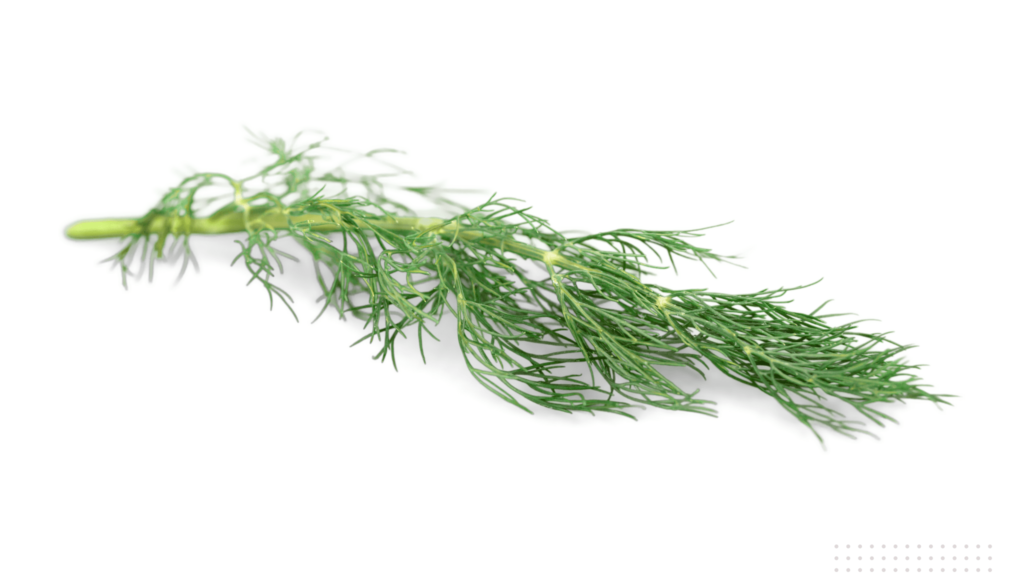
Nutritional Components
Fennel is an excellent source of minerals and trace elements, including aluminium, barium, calcium, cadmium, cobalt, chromium, copper, iron, magnesium, manganese, nickel, lead, strontium, and zinc.
Correspondingly, one teaspoon of whole fennel seed, approximately 2 grams, contains the following nutritional components, according to the United States Department of Agriculture;
| Calcium, 24 mg | Iron, 037 mg | Magnesium, 7.7 mg |
| Phosphorus, 9.74 mg | Potassium, 33.8 mg | Sodium, 1.76 mg |
| Zinc, 0.074g | Copper, 0.021 mg | Manganese, 0.131 mg |
| Vitamin C, total ascorbic acid, 0.42 mg | Vitamin A, 2.7 IU | Energy 28.8 kJ |
In addition, the seed contains several important amino acids and soluble vitamins. For example, it contains essential amino acids, such as leucine, isoleucine, phenylalanine, and tryptophan.
- Vitamins A, E, and K are fat-soluble vitamins.
- Ascorbic acid, thiamine, riboflavin, niacin, and pyridoxine are water-soluble vitamins.
Glycemic Index of Fennel
The glycemic index (GI) of fennel equals to approximately 15, which classifies it as a low GI food according to glycemic index.net.
The glycemic index is a ranking system that measures carbohydrates’ impact on blood glucose levels. It evaluates how quickly and how high a particular food can raise blood sugar levels. The index is particularly helpful for individuals who are looking for low-glycemic-index foods that can provide sustained energy without causing drastic blood sugar fluctuations.
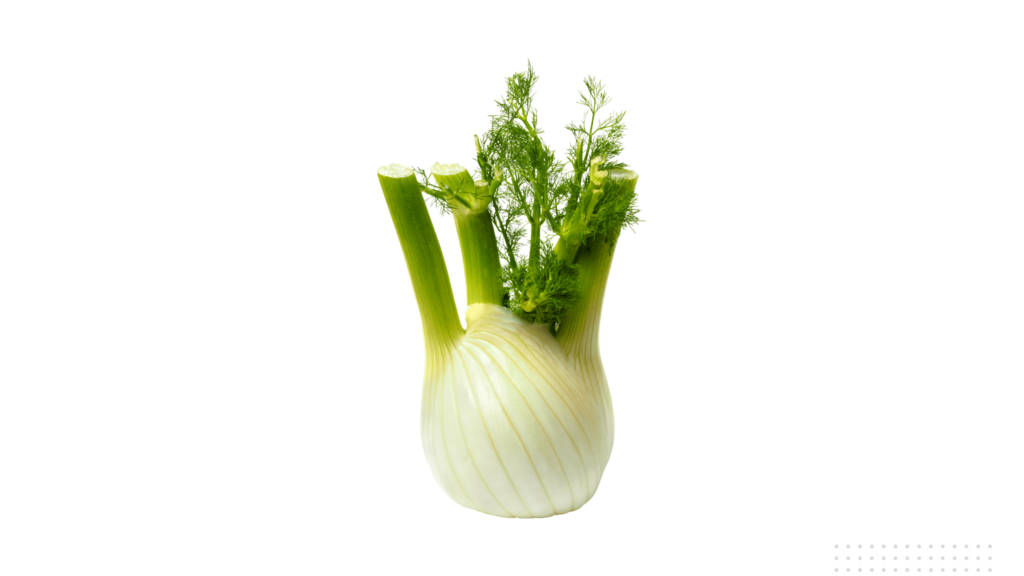
Bioactive Compounds
According to Badgujar et al. (2014), fennel seeds comprise various secondary metabolites, including fatty acids, phenolic components, hydrocarbons, and volatile compounds. Most of these phytochemicals are in the essential oil of fennel seeds.
The research also states the following key findings in terms of fennels phytochemical characteristics;
- The anise odour of F. vulgare is due to its essential oil content.
- The essential oil of fennel contains more than 87 volatile compounds.
- The accumulation of these volatile compounds inside the plant is variable, appearing practically in any of its parts, namely, roots, stems, shoots, flowers, and fruits.
- The anti-oxidative effect of fennel is linked to the activity of cis-Miyabenol C and Anethole.
- Limonene and β-Myrcene are linked to hepatoprotective activity.
| Volatile Compounds d-limonene, estragole, anethole | Flavonoids quercetin and apigenin major flavonoids | Phenolic Compounds rosmarinic acid, chlorogenic acids major phenolic compounds |
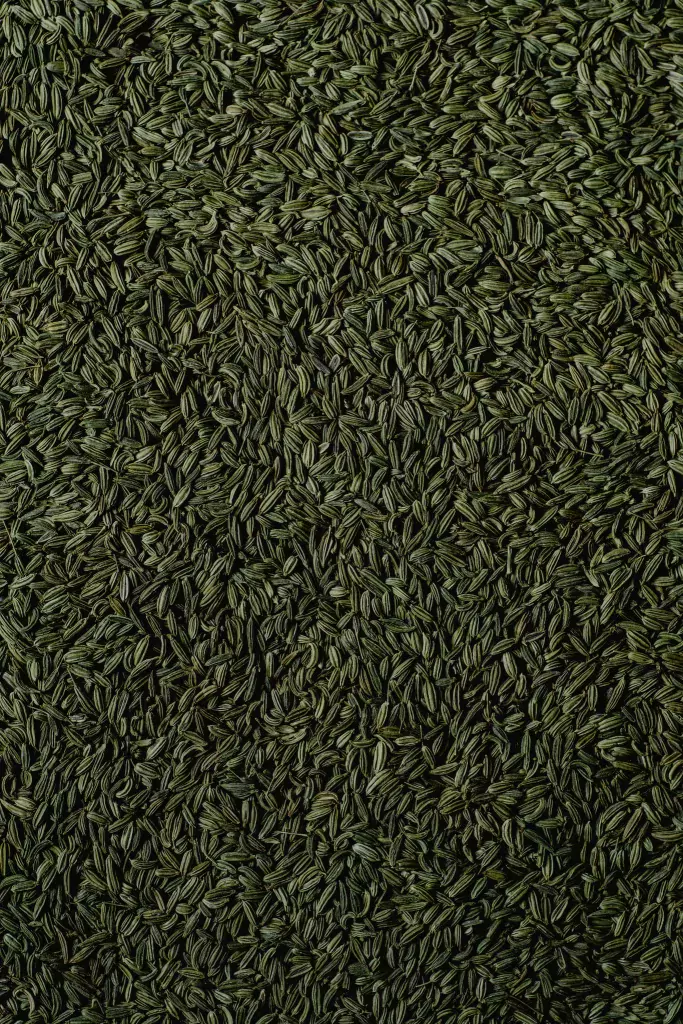
Phytotherapeutic Properties & Case Studies
According to, Badgujar, S. B., Patel, V. V., & Bandivdekar, A. H. (2014) their research conducted a (in vivo/in vitro) review on Foeniculum vulgare Mill and its properties. The study covered its botany, phytochemistry, pharmacology, contemporary application, and toxicology.
The review found that Foeniculum vulgare Mill has a wide range of pharmacological properties including;
anti-inflammatory, antimicrobial, anticancer, anti-diabetic, hepato-protective, and neuro-protective activity. It was also found to be beneficial for various ailments such as digestive disorders, respiratory disorders, and menstrual issues.
The long history of ethnomedicinal use and absence of severe side effects suggest the safety of F. Vulgare. Most toxicity experiments showed no signs of toxicity.
The table below offers an overview of therapeutic terms associated with fennel:
| Antiviral | Antimicrobial | Anti-inflammatory | Antiallergic | Hepatoprotective |
| Anxiolytic | Antistress | Memory enhancing | Nootropic | Anti Colitic |
| Estrogenic Properties | Galactogenic | Expectorant | Antinociceptive | Diuretic |
| Hypoglycemic | Antiaging | Antioxidant | Soothing | Calming |
Wild Fennel
Also, Faudale et al. (2008) determined the antioxidant activity of wild (Foeniculum vulgare), edible, and medicinal fennels from various Mediterranean countries.
According to their findings, wild fennel has a higher radical scavenging activity than medicinal and edible fennels. This was particularly due to the presence of isolated phenolic compounds such as quercetin-3-O-galactoside and other PC’s, such as rosmarinic acid.
Case Study: FS Essential Oil & Womens Wellbeing
According to Mahboubi (2019), fennel has been traditionally used to alleviate PMS symptoms and has undergone clinical trials.
In this clinical trial, the efficacy of fennel oil oral drops was compared to mefenamic acid and a placebo.
The studies found that fennel oil was as effective as mefenamic acid in reducing menstrual clinical symptoms, and it significantly reduced the severity of anxiety, depression, and total clinical PMS symptoms compared to the placebo group.
Fennel oil did not affect excitement, fluid accumulation, or physical symptoms of PMS. The results of these clinical studies suggest that fennel may be helpful in the management of PMS symptoms.
The complete study can be found here: Mahboubi M. Foeniculum vulgare as Valuable Plant in Management of Women’s Health. J Menopausal Med. 2019 Apr;25(1):1-14. doi: 10.6118/jmm.2019.25.1.1. Epub 2019 Apr 25. PMID: 31080784; PMCID: PMC6487283.
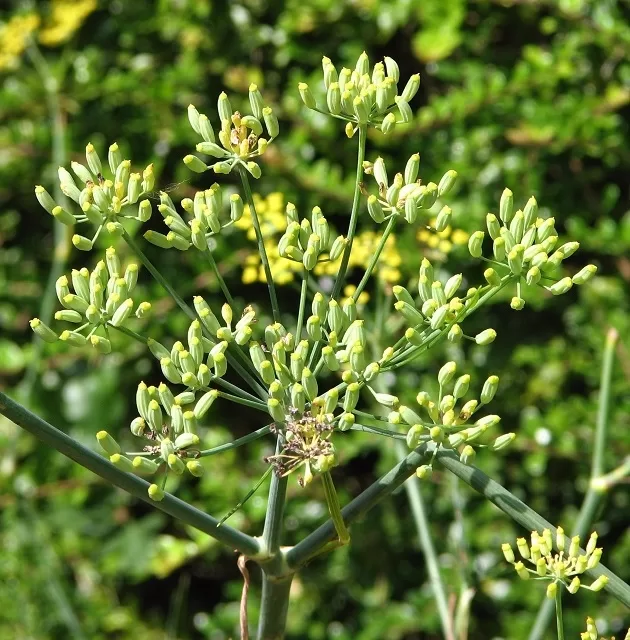
Antioxidant Effects of Anethole
One of the phytoconstituents found in fennel is anethole, which contributes to its antioxidative effects.
In the study “Synthesis and antioxidant, anti-inflammatory and gastroprotective activities of anethole and related compounds,” the authors investigated the antioxidant effect of various derivatives of trans-anethole.
The results showed that these synthesised compounds demonstrated significant antioxidant activity.
In addition to antioxidant activity, these derivatives exhibited anti-inflammatory and gastroprotective properties, making them a promising therapeutic agent for various issues. This study highlights the potential of trans-anethole derivatives as a natural antioxidant with various pharmacological benefits.
The complete study can be found here: Freire, Rosemayre S et al. “Synthesis and antioxidant, anti-inflammatory and gastroprotector activities of anethole and related compounds.” Bioorganic & medicinal chemistry vol. 13,13 (2005): 4353-8. doi:10.1016/j.bmc.2005.03.058
Example Of Gripe Water
Another example is the commercial gripe water for infants and kids, which often contains fennel and other components.
Gripe water is used for general infant colic. Similarly, depending on suitability, organic fresh fennel or fennel tea can be a helpful remedy for digestive concerns for adults.
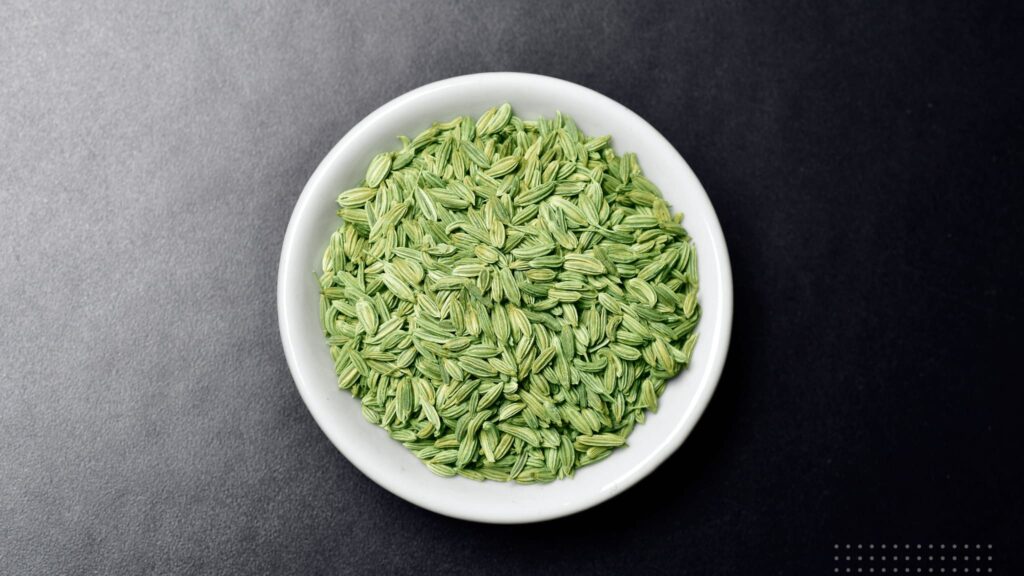
Ayurvedic Use of Fennel
Ayurvedic sciences attribute fennel’s efficacy in digestion to its unique ability to balance vitiated (negative or in excess) Vata and Kapha elements in the body.
Vata, the air element, is responsible for the natural motion of bowel cleansing, while Kapha, the earth element, ensures that the intestinal tract has the proper lubrication and moisture content. When there is an imbalance in either element, the body may react with symptoms such as constipation and weak digestion.
In addition, fennel seeds contain anethole, an aromatic compound with a characteristic sweet, liquorice-like flavour. Several individuals find its aroma soothing and calming.
Anethole is also responsible for the herb’s ability to stimulate the secretion of digestive juices. It contains fenchone and estragole, which have anti-inflammatory properties and thus relieve digestive discomfort.
Thermogenic Property: Between Heating & Cooling
When digested, fennel seeds are considered thermogenic in Ayurveda, as they influence heat on digestion. However, they are distinct from other thermogenic plants and can have a cooling effect on digestion depending on the form of fennel taken. In some cases, they can be used for pitta dosha when combined with other plants.
Consuming Fennel
Fennel offers versatility as it can be consumed in various ways. You can eat it raw in salads and snacks, stew it, boil it, grill it, or bake it. Moreover, it is also consumed as fennel seed tea.
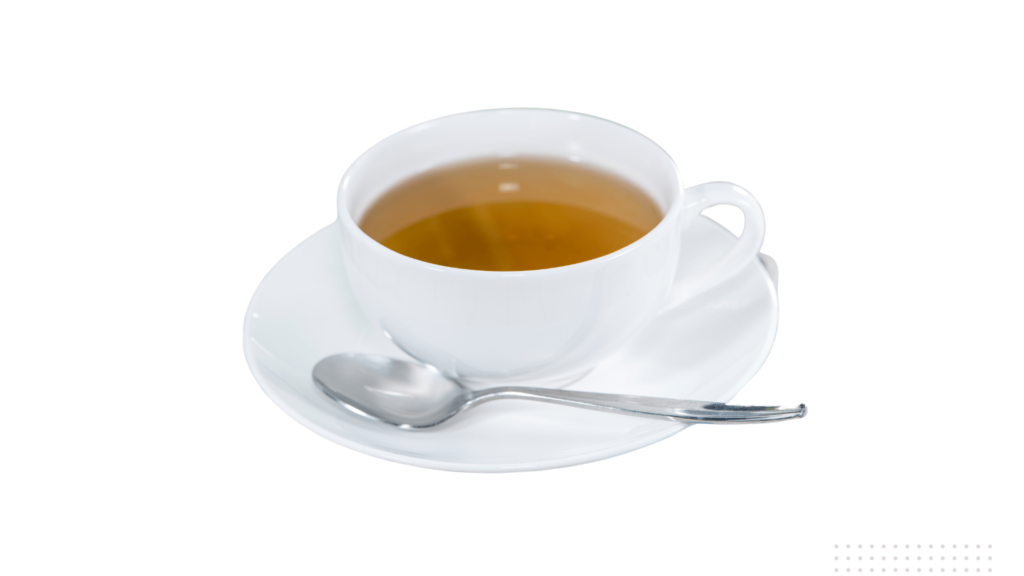
1. Fennel Herbal Tea
Fennel tea, made from its seeds, is frequently used for its therapeutic properties in Eastern sciences.
Organic fennel seeds are a great option for making a tea infusion. It can be drunk as an infusion once or every other day, before or 40 minutes after meals.
2. Fennel Seeds
Fennel seeds are consumed after a meal, a pinch of fennel can be chewed to aid digestion, followed by a few sips of water. Alternatively, the seed can be rinsed out of the mouth afterwards.
3. Fresh Fennel Plant
Fresh fennel bulbs, stems, and leaves can be added to several dietary dishes, such as soup, stew, raw salads, etc. An organic source would be preferential to obtain a pesticide-free source.
Summary
To summarise, fennel seeds offer diverse benefits, including anti-inflammatory effects that can help protect against chronic digestive issues.
Moreover, fennel is one of the plant kingdom’s most significant sources of essential minerals like potassium, sodium, phosphorus, and calcium.
These nutritional benefits make fennel bulbs a valuable addition to any well-balanced diet. With its rich phytochemical profile, fennel seeds are easily accessible in most regions. The parts of fennel used include, roots, stems, shoots, flowers, fruits and seeds.
The fennel plant and its seeds may offer several therapeutic properties, such as anti-oxidative, anti-inflammatory, cardioprotective, nootropic, helpful in women’s PMS discomfort and others, as part of a well-balanced diet and depending on suitability.
Suitability & Precautions
Precautions and personal responsibility are crucial. Check suitability for pregnant women, people with allergies, and chronic health concerns. To make an informed choice, seek the advice of a professional.
This post is for informational purposes only and does not constitute professional advice.
Informational Video: Fennel Seeds Therapeutic Properties
References in this article
- Royal Horticultural society: https://www.rhs.org.uk/herbs/fennel/grow-your-own
- Badgujar SB, Patel VV, Bandivdekar AH. Foeniculum vulgare Mill: a review of its botany, phytochemistry, pharmacology, contemporary application, and toxicology. Biomed Res Int. 2014;2014:842674. doi: 10.1155/2014/842674. Epub 2014 Aug 3. PMID: 25162032; PMCID: PMC4137549.
- United States Department of Agriculture: https://fdc.nal.usda.gov/fdc-app.html#/food-details/171323/nutrients
- Britannica: https://www.britannica.com/plant/fennel
- Glycemic Index.net: https://glycemic-index.net/fennel/
- Mahboubi M. Foeniculum vulgare as Valuable Plant in Management of Women’s Health. J Menopausal Med. 2019 Apr;25(1):1-14. doi: 10.6118/jmm.2019.25.1.1. Epub 2019 Apr 25. PMID: 31080784; PMCID: PMC6487283.
- Easy Ayurveda: https://www.easyayurveda.com/2013/02/15/fennel-seed-health-benefits-dose-how-to-use-ayurveda-details/
- Attarha M, Rosbahani N, Yosefi P. EFFECT OF FENNEL ESSENCE AND GRIPE WATER SYRUP ON INFANTILE COLIC. Archives of Disease in Childhood 2008;93:pw387.

